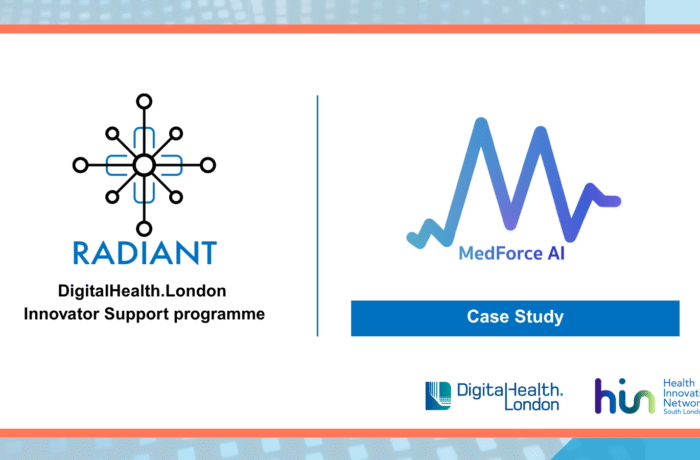Three things the NHS could learn from the USA
Posted on
Vishaal Virani is the Co-founder and Strategy Director at Doctorpreneurs, a global community for medical professionals interested in healthcare innovation and entrepreneurship, and Business Development and Client Success Director at Ada Health, an AI-based health assessment platform. He has spent the last several months navigating the complexity of the US health system, which has made him come to more deeply appreciate how the NHS has implemented its single-payer system across the UK. However, there are also several valuable things that he thinks the NHS could learn from the US, particularly when it comes to innovation.
There are three things I think US healthcare networks (networks of hospitals, urgent care centres and primary care clinics) do particularly well:
1. Hire dedicated innovation teams
Many US healthcare networks have in-house innovation teams dedicated to identifying and integrating new ideas into clinical settings at scale. These multi-disciplinary teams typically consist of software developers, project managers, human-centred designers, UX experts, patient experience experts, data scientists and clinicians that form co-development collaborations with health tech companies. Ada Health for example has benefitted from such a partnership through its work with the Sutter Health Innovation Team in Northern California, allowing it to refine its product and deliver its health assessment technology to 3M+ patients. In fact, the reach actually stretches to any member of the public who uses the tool from Sutter’s website, which aids in supporting better overall community health.
2. Embed an innovation culture
US healthcare networks instil an innovation-first culture throughout their ranks. Chief Innovation Officers, Chief Digital Officers, and Chief Patient Experience Officers all have a seat at the top table. These roles are often filled by frontline clinicians, but also by executives from other industries– this range of perspectives is crucial to creating meaningful change. Embracing internal and external innovation is deemed equally important; for example, a number of healthcare networks regularly run design thinking sessions for clinical staff to help them develop their own innovative approaches to frontline challenges.
3. Empower clinicians
Many frontline clinicians in the US hold leadership roles, and play an integral role in innovation-based decisions. Healthcare networks in the US typically abide by the philosophy that behind every senior leader lies a practicing clinician; in other words, for every executive position filled by a non-clinician, a clinician counterpart is enlisted to bring valuable frontline perspectives. In addition, a much higher percentage of US clinicians are “dual-trained” – given opportunities to develop skills in the likes of informatics, data science, and change management alongside clinical duties – and are allocated time weekly to focus on fostering new innovations.
By giving clinicians the decision-making power, time and skills to become a meaningful part of the innovation cycle, innovations have a much better chance of succeeding at scale.
In a recent interview with Dr Robert Wachter (Chair of the Wachter Review, and Chair of Medicine at the University of California, San Francisco (USCF)), he outlined to me one way USCF clinicians are empowered to innovate:
“Clinicians are encouraged to bake some time into their schedule for a weekly or monthly meeting with colleagues, spent brainstorming on the pain points they are facing…they focus on reimagining the way things are done”.
Ultimately, the key to unlocking widespread innovation in the NHS lies in giving more power to the people, by changing how we manage the most long-standing resource of all – our healthcare professionals. By embracing dedicated innovation teams, encouraging a culture of innovation and empowering clinicians, the NHS can begin replicating some of the innovation success stories I’ve seen across the pond, without compromising the strengths and values that make the NHS unique.


